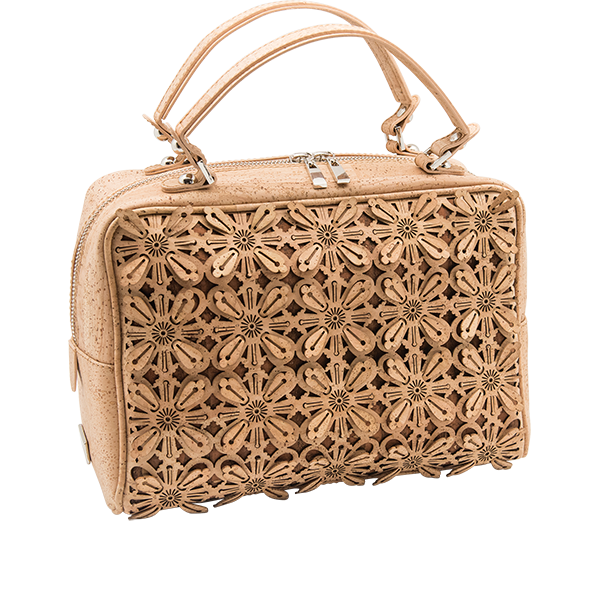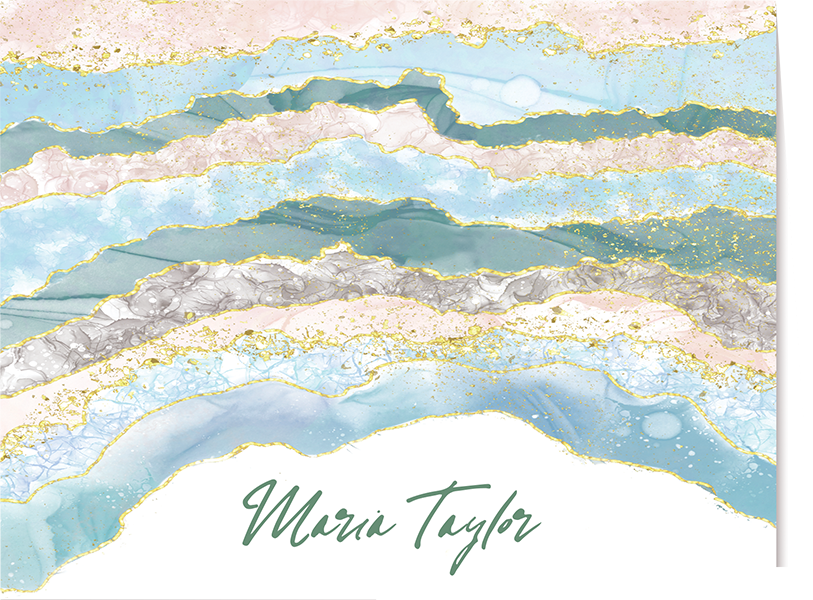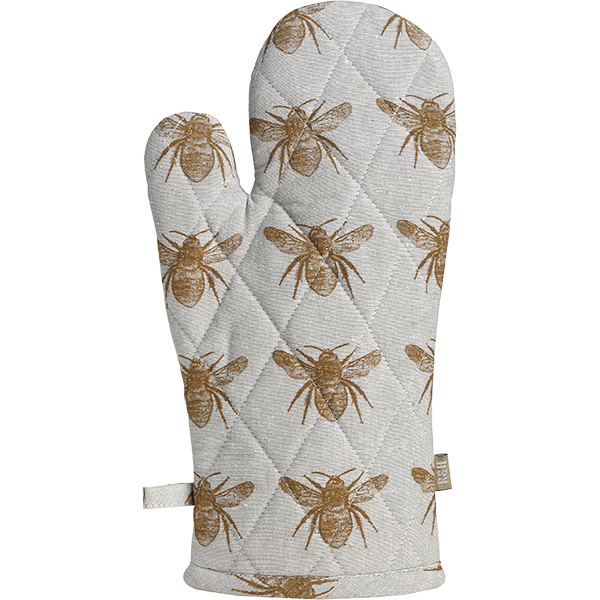What the Economic Stimulus Act Means For Your Business
While rebate checks for individual taxpayers have taken the center stage for most of the coverage of the Economic Stimulus Act, there is plenty included in the package for businesses. The legislation offers nearly $50 billion in temporary incentives to increase business investment.
Passed in February, the new law brings back the 50% bonus depreciation first unveiled after September 11, 2001 for all businesses, and nearly doubles the amount eligible for the IRC Section 179 expense deduction for small businesses. These incentives apply to assets purchased during 2008 for calendar year taxpayers.
Expense deduction almost doubles
Under the new law, a company may expense up to $250,000 of depreciable tangible personal property and off-the-shelf software purchased and placed into service in their tax year beginning in 2008. In order to benefit from this incentive, a company must keep its total qualifying asset purchases below $800,000 for that tax year. Purchases exceeding $800,000 will decrease the deductible amount dollar for dollar, with a complete phase out at $1,050,000.
For example, if your 2008 purchases total $936,000, the $250,000 available will be decreased by $136,000, or the amount by which the purchases exceed $800,000. Therefore your net Section 179 deduction would be $114,000.
Before the new law, a business could immediately expense up to $128,000 of qualifying property during 2008, and the total purchase “ceiling” was $510,000. The increased threshold should make this incentive available to more businesses.
To qualify for the Section 179 deduction, the property must be depreciable tangible personal property, such as office equipment and furnishings acquired by purchase for use in the active conduct of a trade or business in the United States. Assets acquired for use in other income producing activities such as real estate rental do not qualify as Section 179 property. But personal property rented as a trade or business qualifies. Examples of trade or business rental would include rentals of personal property such as automobiles or office equipment, or short-term lodging.
For a fiscal year taxpayer the additional Section 179 expense is available for their fiscal year return beginning in 2008. Unlike the bonus depreciation incentive, property may be purchased any time during the company’s fiscal year. So if a company wraps up its books in June, the property may be purchased any time between July 1, 2008 and June 30, 2009.
Bonus depreciation returns
Bonus depreciation, an additional depreciation deduction taken before regular depreciation, is available to all businesses regardless of the total amount of assets purchased. Bonus depreciation is available for depreciable property with an IRS defined “life” of 20 years or less, qualified lease property, off-the-shelf software, and water utility property purchased during 2008. The property must be new, unlike Section 179 property, which may be new or used, and there must be no binding contract to purchase the property prior to 2008.
Returning to the above example, the depreciable equipment remaining after the Section 179 deduction of $114,000 would be eligible for bonus depreciation, or an immediate deduction of $411,000 before regular depreciation is calculated (($936,000 – $114,000) x .5). Assuming the purchases are made up of equipment, regular depreciation would be approximately $82,000, for a total tax write-off of $607,000 in the first year.
Without the temporary incentives, the same taxpayer would be restricted to normal depreciation of approximately $187,000 on the purchase, depending on when the assets were purchased. This is a huge potential tax benefit of up to $147,000 in tax savings in our example.
What kind of property qualifies for bonus depreciation?
Property with an IRS life of 20 years or less includes almost all office and manufacturing equipment including computers and furnishings. It also includes research and experimentation property that is not considered part of a building, geothermal, solar and wind energy properties, vehicles, and land improvements, to mention a few.
Qualified lease property is also eligible for bonus depreciation, even though it would otherwise be depreciable over 39 years. Qualified lease property is defined as non-structural improvements to the interior of a non-residential building. The improvements must be made pursuant to a lease, and the building must be more than three years old at the time the improvements are made. Qualified lease property does not include elevators or escalators, and must not be owned by a related party.
Self-constructed property, or otherwise qualifying property manufactured, constructed, or produced for the taxpayer’s own use also qualifies if the taxpayer begins the manufacture or production during 2008.
The new law also increases the first year deduction for “luxury” auto depreciation. Normally the first year depreciation on passenger autos costing more than $15,100 and trucks and vans costing more than $16,100 is limited to $3,060 ($3,260 for trucks and vans); but with the current bonus depreciation an additional $8,000 is available.
State tax implications
Keep in mind that many states are not recognizing bonus depreciation, so the bonus depreciation will be added back to state taxable income in 2008, and depreciation will be calculated separately at the state level until the assets in question are fully depreciated or disposed. Massachusetts, Connecticut, New Hampshire and New York are just a few of the states that will require bonus depreciation to be added back to state taxable income.
Electing out of bonus depreciation
While a company must elect to treat the cost of Section 179 property as an expense rather than a capital asset, it must elect out of bonus depreciation if it does not need the added expense. Companies that have a loss in 2008 and the two prior years (and so cannot carry back their 2008 loss for an immediate refund) should consider electing out of bonus depreciation. An election is required to be attached to the taxpayer’s return if bonus depreciation is not desired.
For a fiscal year taxpayer the incentives will apply for assets purchased and placed into service during 2008 only. For example, a company that has a September year-end will be able to claim bonus depreciation for property purchased January 1, 2008 through September 30, 2008 for their tax year ending September 30, 2008, and for property purchased October 1, 2008 through December 31, 2008 for their tax year ending September 30, 2009.
As with all tax issues, you should consult with a qualified tax advisor before making any decisions on the new incentives.
Susan Day, CPA is a tax manager in the accounting firm of Gray, Gray & Gray, LLP, in Westwood, MA. She can be contacted by telephone at (781) 407-0300, or via email at: sday@gggcpas.com.






















